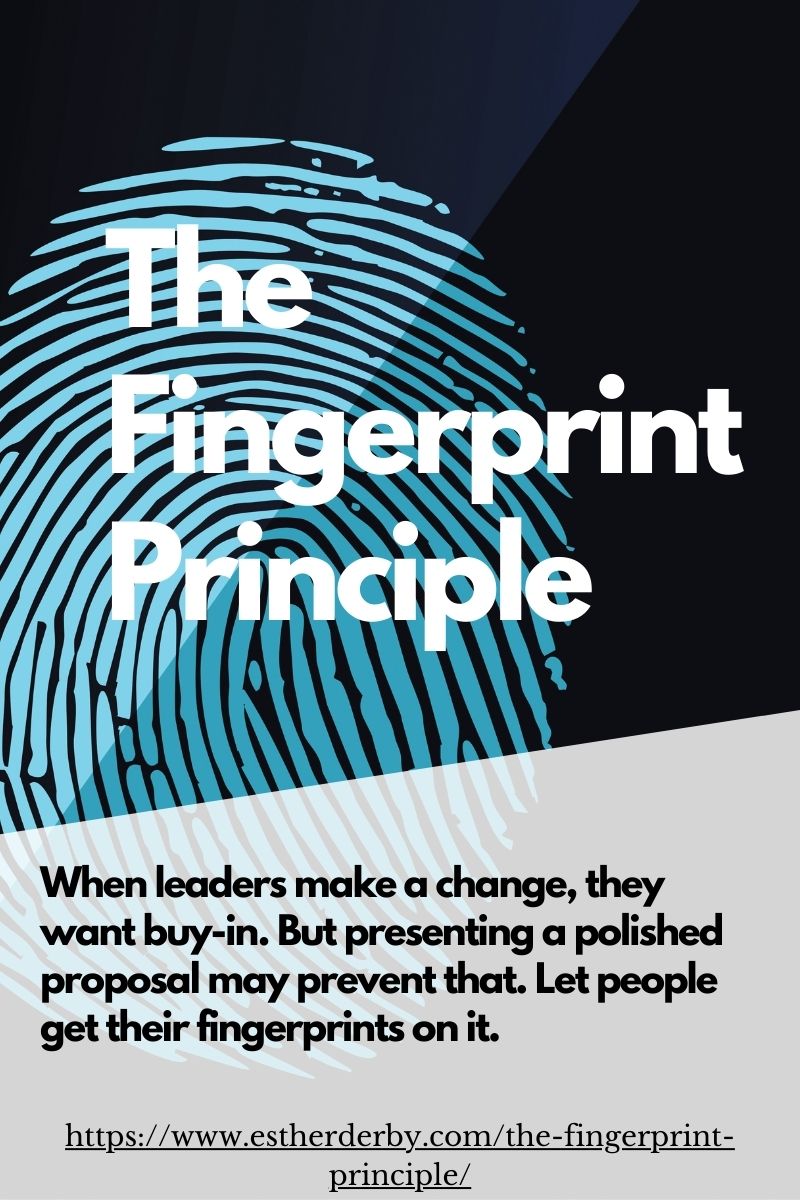Authors Note: The relationship between an employee and his/her manager determines how long a person stays with a company and to some extent how productive he’ll be while he is there. That relationship also plays a part in stress level,and physical health. Choose carefully.
A couple of times in my career I’ve ended up with jobs that sounded good on paper but left me wondering “What was I thinking!?” The management responsibilities and technical challenges of the job were where I wanted to be; my manager’s style was all wrong, at least for me.
Good hiring managers don’t just look for skills. They look for a good fit between the candidate’s work-style preferences and the culture of the group, and so should you. Before you go looking for your next job, do what the hiring manager is doing: Don’t just think about the “on paper” aspects of the job; consider how you prefer to be managed. Analyze what you want in an employee in this position – manager of you.
Think about past managers you’ve worked really well with. What made that relationship work? How about bosses you didn’t click with? What were some of the factors that made the relationship difficult? Identify what factors will knock a potential boss out of the running for you.
Look at your own personal preference and style:
Is it important to you to be able to talk to your boss about risks and issues as well as what’s going well?
Is it important to you to know what is expected so that you can work within those boundaries?
Do you prefer to work with broad discretion to carry out your responsibilities in your own way?
Use behavioral interviewing and open-ended questions:
What sort of information is important for you to have in status reports or one-on-ones?
How have you approached a situation where a direct report comes to you with a serious project issue?
How do you prefer to learn about problems or obstacles?
How have you handled defining the boundaries of this position in the past?
Tell me about the results you look for in this position. What is most important in the way the work is done?
Be prepared for the candidate boss to be a little unsettled by this sort of questioning. After all, you are turning the tables on the hiring manager and some he may feel “on the spot.” Watch how the candidate boss responds: Does he pause and then answer your questions? That’s a clue that your manager candidate is open to exploring your working relationship. Does he become angry and snap, “I’m asking the questions here!”? Cross this one off your list.
Finding a new job isn’t just about the title, job description and technical skills. It’s about relationship and fit. Identify what you want in a manager. Ask questions. Look for clues. It’s all information that will help you choose an employment situation that will work for you and your new employer.









Hm. I thought this was about actually interviewing your next boss — being part of the interview loop (committee) to *hire* someone you will be working for.
Have you ever written anything that either:
1) Gives advice to a job candidate who will face questions from their prospective staff
OR
2) Gives advice to a staff member interviewing candidates that may *become* their boss?
— Jon
Hi, Jon –
Thanks for stopping by.
For general advice on a collaborative hiring process, which easily be adapted for a team interviewing candidate managers, see: https://estherderby.com/2010/07/hiring-for-a-collaborative-team.html
For more specific information on manager job descriptions and interviewing, see: http://jrothman.com/blog/htp/
I recognize the main point of this post was about probing to discover if you are compatible with a potential boss, but what about cases where a company re-organization connects you with a new boss? Would you use similar open ended questions to establish an understanding about expectations? Different advice?
Hi, Steve –
I’d start with these questions.
Maybe add:
How soon do you want to hear about problems?
When do you want to know that a deadline is at risk?
How do you prefer to receive feedback?
I’ve talked to many people who report extreme stress and/or psychological damage from bad bosses, or poor relationships with their managers. So it really is important to enter that relationships with care.